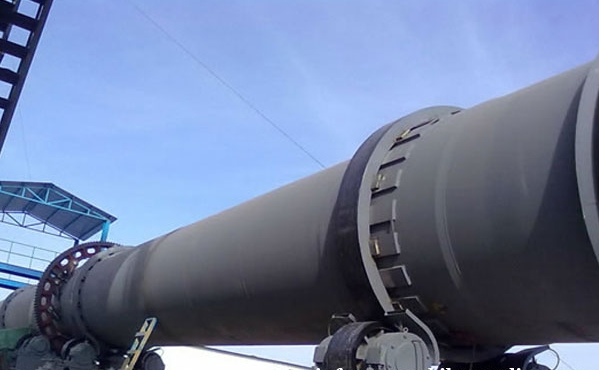
The cement industry, a cornerstone of global construction, relies on a multitude of raw materials and additives to produce the essential building material. Calcined Petroleum Coke (CPC) is one such additive that has proven invaluable for enhancing the quality and sustainability of cement production. In this article, we explore the various applications and benefits of CPC in the cement industry.

Calcined Petroleum Coke is a carbon-rich material derived from the refining of crude oil. It is produced through a high-temperature calcination process that removes volatile components, moisture, and impurities from raw petroleum coke. CPC is characterized by its high carbon content (typically 98-99%), low impurities, and excellent heat conductivity, making it an ideal carbon additive.
CPC finds a crucial application in cement production by being used in cement kilns. It serves as a carbon source during the clinkerization process, where raw materials are heated to high temperatures to produce clinker. CPC's high carbon content enhances the combustion process, allowing for better temperature control and energy efficiency.
The addition of CPC to cement kilns not only improves energy efficiency but also positively impacts the quality and properties of the clinker. CPC aids in reducing the alkali content in clinker, which can be detrimental to the quality of cement. It also enhances the homogenization of raw mix and reduces fuel consumption, contributing to a more sustainable and cost-effective production process.
The cement industry is under increasing pressure to reduce its environmental impact. CPC plays a role in this effort by improving the efficiency of cement kilns. Enhanced combustion due to CPC results in reduced CO2 emissions, a critical factor in mitigating climate change. Furthermore, it enables the utilization of alternative fuels in cement kilns, such as waste-derived fuels, which can further decrease the industry's carbon footprint.
Calcined Petroleum Coke has firmly established its place in the cement industry as an effective carbon additive that improves both the energy efficiency and product quality. Its benefits extend beyond production, offering environmental advantages by reducing emissions and facilitating the use of alternative fuels. As the cement industry continues to evolve and adopt more sustainable practices, CPC's role in enhancing efficiency and sustainability is likely to grow, making it an essential component of the industry's future.
The utilization of CPC in the cement industry serves as a prime example of how industries can enhance their processes while reducing their environmental impact. It demonstrates that innovative solutions, such as incorporating high-quality additives, can play a pivotal role in shaping a more sustainable and efficient future for cement production.

Write a Message